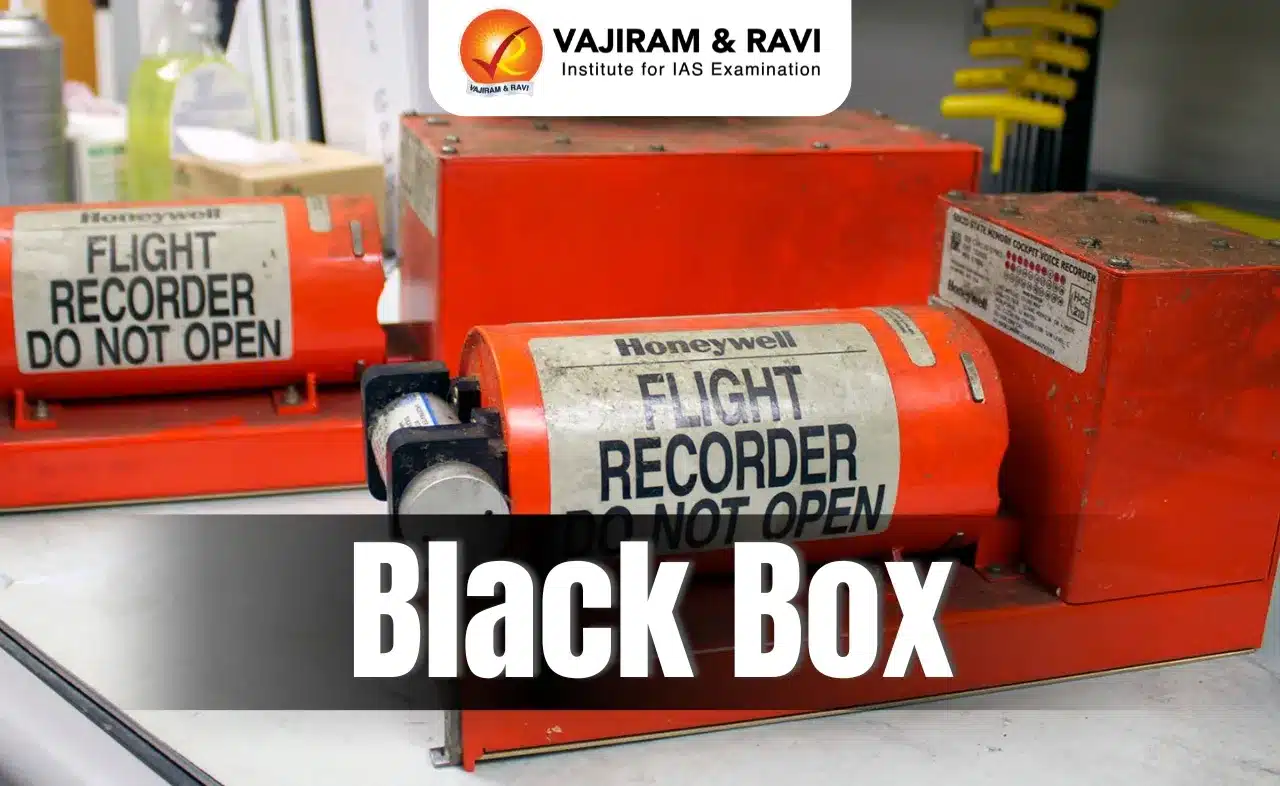About Living Will
- A Living Will or Advance Medical Directive, is a document prescribing a person’s wishes regarding the medical treatment the person would want if he/she was unable to share his/her wishes or not in a position to make an informed decision by reason of being unconscious or in a coma.
- Legality of Living Will in India:
- It was not legally viable in India until 2018.
- However, the Supreme Court in Common Cause vs. Union of India (2018), recognised that a terminally ill patient or a person in a persistent vegetative state can execute an “advance medical directive” or a “living will ” to refuse medical treatment, and gave sanction to passive euthanasia and living will/advance directives.
- The court also laid down principles relating to the procedure for execution of a living will.
Who can draw up an Advance Medical Directive/Living Will?
- An adult who is of a sound and healthy mind and in a position to communicate, relate, and comprehend the purpose and consequences of executing the document.
- It must be voluntary.
Elements of a Living Will
- It should be in writing and clearly state when medical treatment may be withdraw nor if specific medical treatment that will have the effect of delaying the process of death should be given.
- Instructions must be absolutely clear and unambiguous.
- It should mention whether the patient may revoke the instructions/authority at any time.
- It should specify the name of a guardian or close relative who, in the event of the patient becoming incapable of taking decision at the relevant time, will be authorized to give consent to refuse or withdraw medical treatment.
How is Living Will recorded?
- It should be signed by the patient in the presence of two witnesses, preferably independent, and countersigned by a jurisdictional Judicial Magistrate First Class (JMFC), so designated by the concerned district judge.
- The JMFC is under an obligation to supply the requisite copies of the Living Will to the concerned authorities and to inform the immediate family members of the Executor.
- When and by whom can it be given effect to?
- When the person becomes terminally ill and is undergoing prolonged medical treatment with no hope of recovery and cure of the ailment, the treating physician, when made aware about the Advance Directive, has to ascertain the genuineness and authenticity of the document from the jurisdictional JMFC before acting upon the same.
- The physician of the Executor shall then inform the Executoror his guardian/close relative, inter alia, about the details of the illness and the consequences of remaining untreated.
- The hospital where the Executor has been admitted shall constitute a Medical Board to form an opinion on whether to certify the instructions regarding withdrawal or refusal of further medical treatment.
- In the event the Hospital Medical Board certifies the instructions, the hospital shall forthwith inform the jurisdictional Collector about the proposal, who shall then constitute its own Medical Board.
- This Board jointly visits the hospital, and if they concur with the decision of the previous Medical Board, they may endorse the certificate to carry out the instructions given in the Living Will.
- The Chairman of the Medical Board shall convey the decision of the Board to the jurisdictional JMFC.
- Thereafter, the JMFC shall visit the patient and, after examining all aspects, authorise the implementation of the decision of the Board.
- In case the life support is withdrawn, the same shall be intimatedby the Magistrate to the High Court, and the High Court shall maintain the requisite records in digital format.
- However, if there is a difference of opinion between the Board and the Executor or his family members, the parties can prefer a writ petition in the concerned High Court. The decision of the High Court in this regard shall be final and binding.
Q1: What is active and passive euthanasia?
Active euthanasia occurs when the medical professionals, or another person, deliberately do something that causes the patient to die. Passive euthanasia occurs when the patient dies because the medical professionals either don’t do something necessary to keep the patient alive, or when they stop doing something that is keeping the patient alive.
Source: Bombay HC pulls up state govt over insufficient mechanism to enforce living wills
Last updated on June, 2025
→ UPSC Notification 2025 was released on 22nd January 2025.
→ UPSC Prelims Result 2025 is out now for the CSE held on 25 May 2025.
→ UPSC Prelims Question Paper 2025 and Unofficial Prelims Answer Key 2025 are available now.
→ UPSC Calendar 2026 is released on 15th May, 2025.
→ The UPSC Vacancy 2025 were released 1129, out of which 979 were for UPSC CSE and remaining 150 are for UPSC IFoS.
→ UPSC Mains 2025 will be conducted on 22nd August 2025.
→ UPSC Prelims 2026 will be conducted on 24th May, 2026 & UPSC Mains 2026 will be conducted on 21st August 2026.
→ The UPSC Selection Process is of 3 stages-Prelims, Mains and Interview.
→ UPSC Result 2024 is released with latest UPSC Marksheet 2024. Check Now!
→ UPSC Toppers List 2024 is released now. Shakti Dubey is UPSC AIR 1 2024 Topper.
→ Also check Best IAS Coaching in Delhi






















